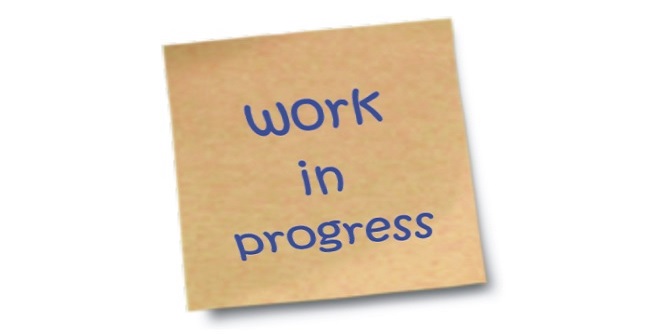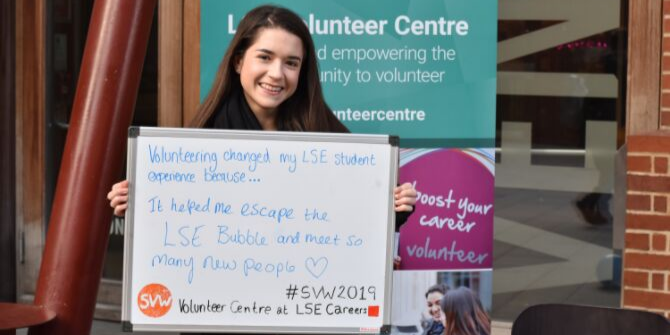If you’ve got as far as choosing to study a master’s programme it’s fairly safe to assume that you have strong interest in the subject you’re studying.
Prepare
If you’re keen to prepare in advance for the course, you could contact the department administrator and ask if they can recommend any pre reading/work. Also, keep an eye out for news stories and events of relevance that are connected to your subject area. University departments regularly organise conferences and guest lectures discussing the latest ideas and attracting leaders in the field to present their research.
Prioritise
For students on a one-year master’s programme the time can pass very quickly and it can be difficult to achieve all the objectives you initially set out to. Therefore, it’s important to prioritise depending on what your plans are for when you complete your master’s. Will you be considering further study, finding a job related to your course, or doing something unrelated?
Jobs
If you’re keen to find a job after you have completed your masters it’s important to consider what kind of role you’re aiming at. You can then do some research on the job requirements listed in job adverts, the skills emphasised and the typical backgrounds of the employees. Some of the large graduate employers have early deadlines (October–January) and as it’ll be an intensive year you may want to do some preparation for this prior to starting, so you’re not overloaded.
Experience(s)
Universities recognise the importance of helping students gain professional experience. As a result, it’s common to find internships, part-time work/research and volunteering opportunities that you can undertake alongside your course. Some master’s even incorporate work-based projects carried out in conjunction with an employer/organisation.
In preparation you could find out about networking initiatives both during and after the course, and try to get a feel for the type of employers involved and the make-up of the student/alumni community at your university. When you arrive, aim to broaden your network of contacts. Recent alumni and tutors from your course are perfectly placed for connecting you. Let them know early on that you’re interested in expanding your knowledge in a certain area as many will be happy to point you in a particular direction and/or put you in touch with relevant people. Use your master’s as a resource from which to broaden your network of contacts and people who can provide you with additional insights/knowledge.
Final thoughts
There are few times in life when you’ll have the chance to try so many new things and your master’s degree should be a richly rewarding and stimulating experience. The rich pool of experiences, knowledge, skills and connections you gain should help you in your future aspirations whether this is continuing your studies or finding a job – good luck!





